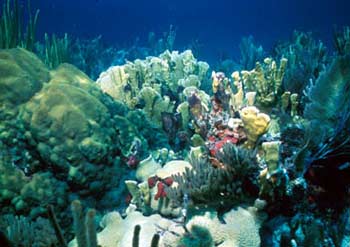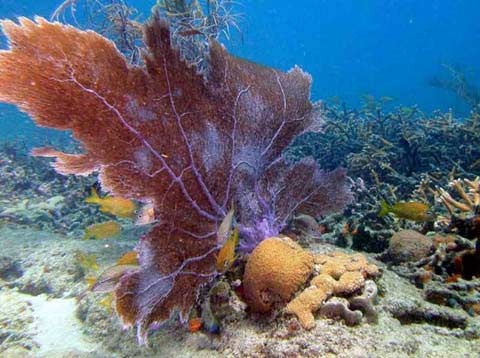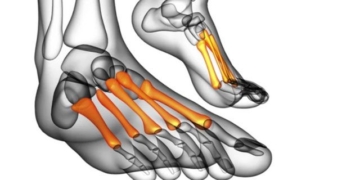 A group of researchers has issued a warning: The global spread of carbon dioxide is abruptly changing chemical compositions in the ocean and threatening marine life.
A group of researchers has issued a warning: The global spread of carbon dioxide is abruptly changing chemical compositions in the ocean and threatening marine life.
Indeed, the damage has weakened the coral reefs that were once documented. Coral reefs serve as habitats for a variety of organisms, from microscopic marine life to small fish and larger animals.
Carbon dioxide emitted from fossil fuel combustion could severely pollute many marine environments, researchers stated in a recent report.
“The purity of water sources will certainly change in the coming century and decades, and this will lead to sudden changes in ocean life,” said Joan Keypas, the lead author and a scientist at the National Center for Atmospheric Research (NCAR) in Boulder, Colorado. “However, we are only beginning to understand the interplay between changes in widespread chemical regions and marine ecology. This is crucial for implementing research plans to recognize the significant dangers affecting the sensitivity of marine organisms to these changes.”
The report titled “The Impact of Ocean Acidification on Coral Reefs and Marine Organisms” is the result of a workshop sponsored by the National Science Foundation and the National Oceanic and Atmospheric Administration.
Oceans naturally maintain a suitable level of alkalinity, and scientists hope that this will continue. However, the impact of carbon dioxide has reduced the alkalinity of the oceans while increasing acidity. The accumulation of calcium carbonate enables marine organisms to develop their skeletons and form the structures of coral reefs, but the rise in acidity diminishes the concentration of carbonate ions that facilitate this process.
One of the authors and an oceanographer at NOAA’s Pacific Marine Environmental Laboratory in Seattle, Richard Feely, stated: “This is the first time we are seeing the most profound changes in ocean chemistry in nearly 650,000 years.”

Researchers believe that marine organisms will grow more slowly or their skeletons will become less dense, a process similar to osteoporosis in humans. Consequently, the structural integrity of reefs may be at risk, as coral may not be able to replace the limestone lost due to erosion fast enough.
“This threat harms coral reefs while they are also being affected by bleaching events that occur as the Earth warms,” stated Chris Langdon, another author of the report from the University of Miami.
Bleaching occurs when temperatures rise, causing the expulsion of colorful, tiny algae from the areas they inhabit, which are the primary food source for corals. Phytoplankton and other small marine organisms are also impacted.


















































